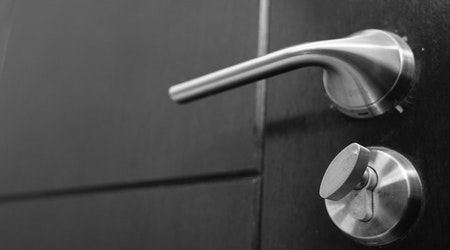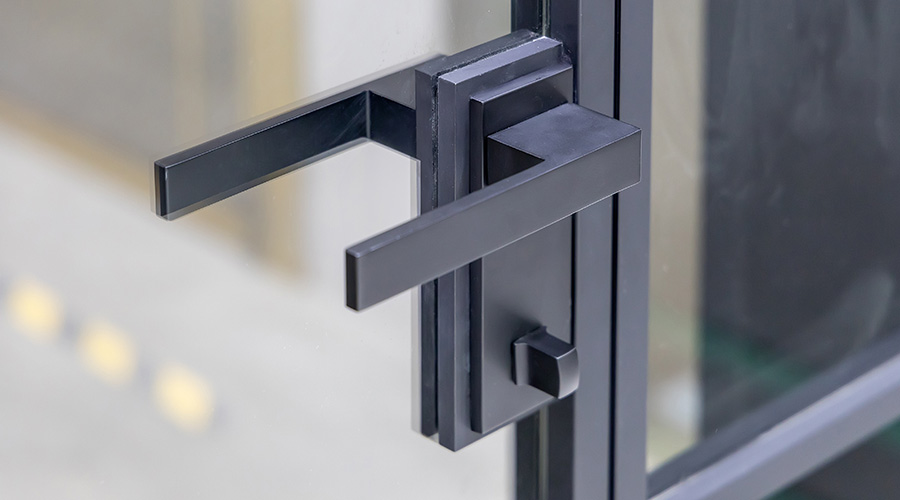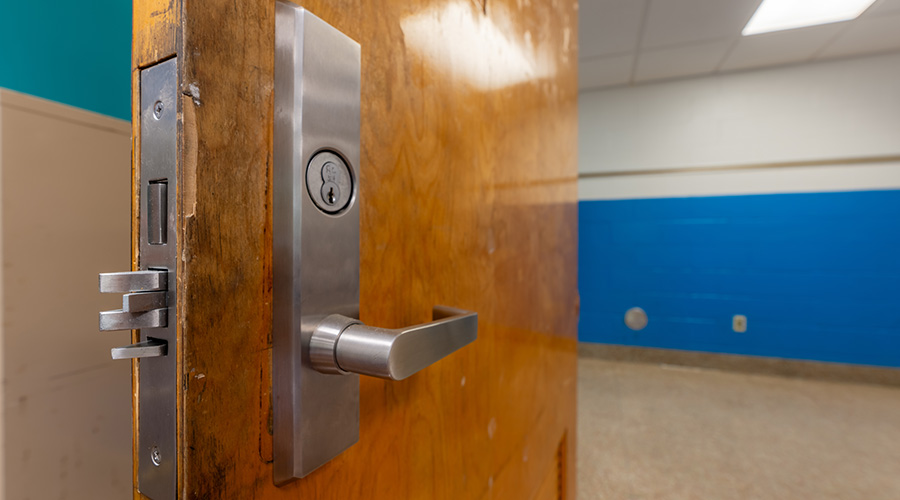Managers Should Initiate and Follow Up on Door Hardware Training
Properly updating workers’ activities related to door hardware requires managers to initiate and follow up on training to meet the security and safety needs of occupants and achieve the optimum performance life cycle of the door.
Updated technician training should cover three areas: new hardware care and maintenance methods and frequencies; safety and security issues associated with the access systems; and new or changed regulations they must follow to ensure compliance.
Given a large number of maintenance-saving innovations related to door hardware, managers might be able to reduce the frequency of tasks, eliminate those that become unnecessary or revise the methods, all in an effort to save labor hours.
For instance, now might be the time to improve access security with a new video-surveillance system linked to other access controls. These systems can provide time-stamped video records, and they have all the playback functions of state-of-the-art video.
In-house technicians can use added cameras to monitor camera equipment and additional entry locations to prevent tampering. Also, motion can activate video to alert security personnel of unauthorized entry, while documenting the event and acting as a deterrent to repeated, unauthorized entry.
In many organizations, a considerable amount of deferred maintenance or outsourced work is putting a great deal of strain on labor and material budgets. The savings generated by upgrading to new-generation door hardware and the resulting lower levels of maintenance, can give managers a way to pay for some of that deferred maintenance.
Related Topics:














